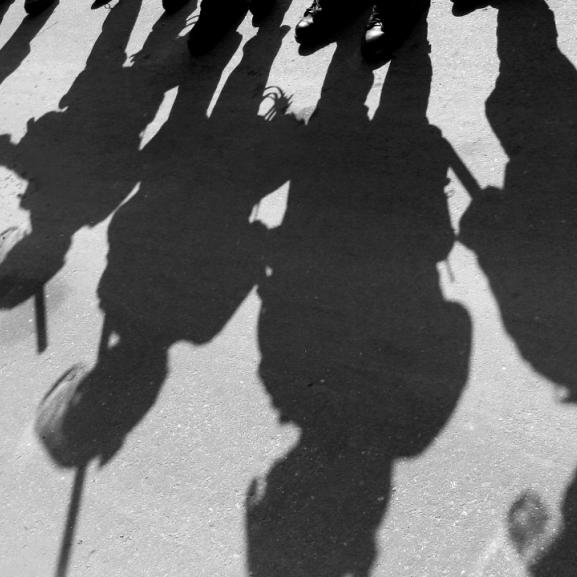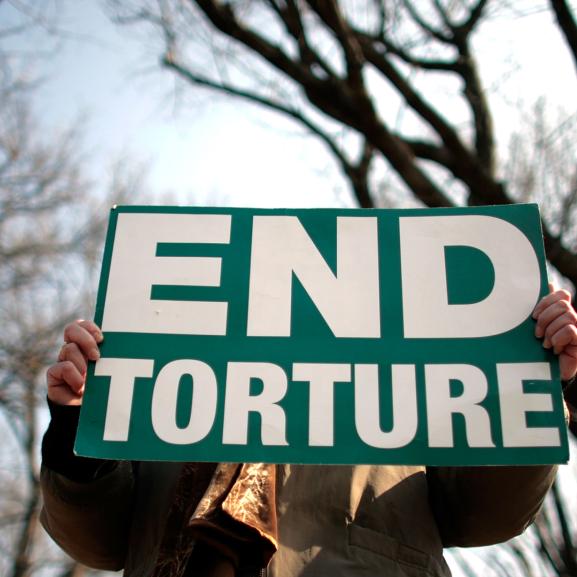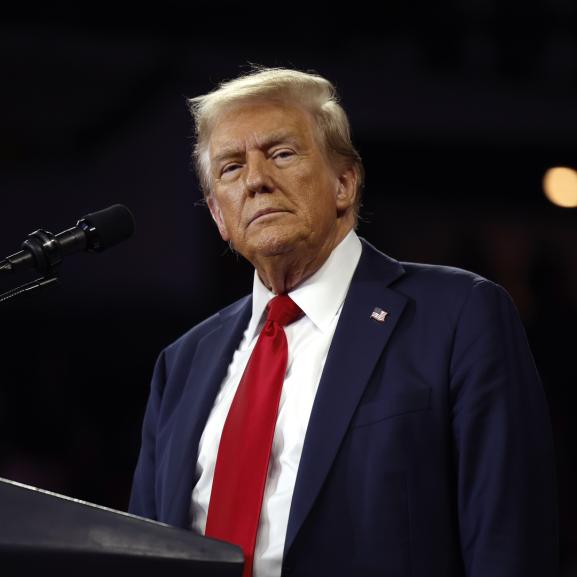Willing Accomplices: medical complicity and torture
There is a curious silence in the current debate about who should be held accountable for the use of torture during the ‘war on terror'.
Each day brings new demands for the declassification of secret ‘torture memos' or publication of the ‘torture photos' and still more calls for senior figures from the Bush administration to be investigated and prosecuted.
But the uproar has so far focused on the role of key lawyers from the Office of Legal Counsel in the US Department of Justice who provided the spurious legal arguments to permit the use of torture, and their political masters who endorsed it.
Yet near silence surrounds the role of those who arguably played an equally critical role - the doctors, psychologists, psychiatrists and other medical personnel whose expert opinion was relied on in arguing that the interrogation ‘techniques' did not constitute torture.
So far anonymity has largely obscured the role of those from the CIA's Office of Medical Services (OMS) whose cooperation provided much of the substance for the Department of Justice's authorisation of torture.
Yet the so called ‘torture memos' released by President Obama record how medical personnel at US-run detention centres were present to witness and oversee a litany of abuse - multiple waterboardings, ‘insult slaps', ‘dietary manipulation', cramped confinement, stress positions, sleep deprivation, multiple ‘wallings' ... The list goes on.
Doctors were also on hand to advise how to respond in the event that "an interrogator require a more significant response to a question" and kept detainees alive to withstand more torture. For example, the memos note how "a qualified physician would immediately intervene" after a waterboarding to perform a tracheotomy if a detainee stopped breathing.
The Department of Justice predicated its arguments on this system of medical and psychological monitoring, stating: "These safeguards were critically important to our conclusion about the use of techniques."
Doctors and other medical personnel thus acted as the arbiters, modulators and referees of torture.
Although President Obama has said that the memos demonstrate a loss of ‘moral bearings' he appears to have ruled out any investigation and prosecution of the CIA employees responsible. This makes it all the more incumbent on the medical profession itself, and the bodies and entities which represent and license its members, to respond robustly to the revelations in the memos.
The American Medical Association (AMA) - the body of physicians in the US which sets standards for the medical profession - states that doctors "must not be present when torture is used or threatened". Their guidelines allow doctors to treat detainees only "if in doing so is in their ... best interest".
Following the release of the memos, the AMA reaffirmed these principles, condemning any participation by its members in medically assisted torture.
The AMA's ethical guidelines have clearly been breached, as has the body of medical ethics and international law which has developed since Nuremberg and which has been affirmed in the declarations of the World Medical Association - the global congress of medical bodies.
The pertinent principle central to this body of ethics and international law is that "the doctor shall not countenance, condone or participate in the use of torture". When doctors betray these professional oaths, principles and criminal laws they cease to become members of the healing profession and become instead willing accomplices and collaborators with torturers.
The AMA's condemnation is to be welcomed. So too is the revised position taken by the American Psychological Association which now forbids psychologists to participate in the practice of waterboarding.
But further remedies are required, beyond statements of condemnation. There should be a full investigation and disclosure of the role of medical personnel in torture and full declassification of CIA documents detailing the role of military medical personnel.
Where necessary doctors should be struck off, licenses revoked and criminal investigations instigated to establish whether there are grounds for prosecution.
At stake is the principle of trust in the medical profession and the reaffirmation and restoration of the historical principle that should underpin the work of the healing profession: ‘I will use regimens for the benefit of the ill in accordance with my ability and my judgment, but from what is to their harm or injustice I will keep them'. Hippocratic Oath, 500 BC.
Dr William Hopkins
Consultant Psychiatrist and Psychotherapist
Medical Foundation for the Care of Victims of Torture






